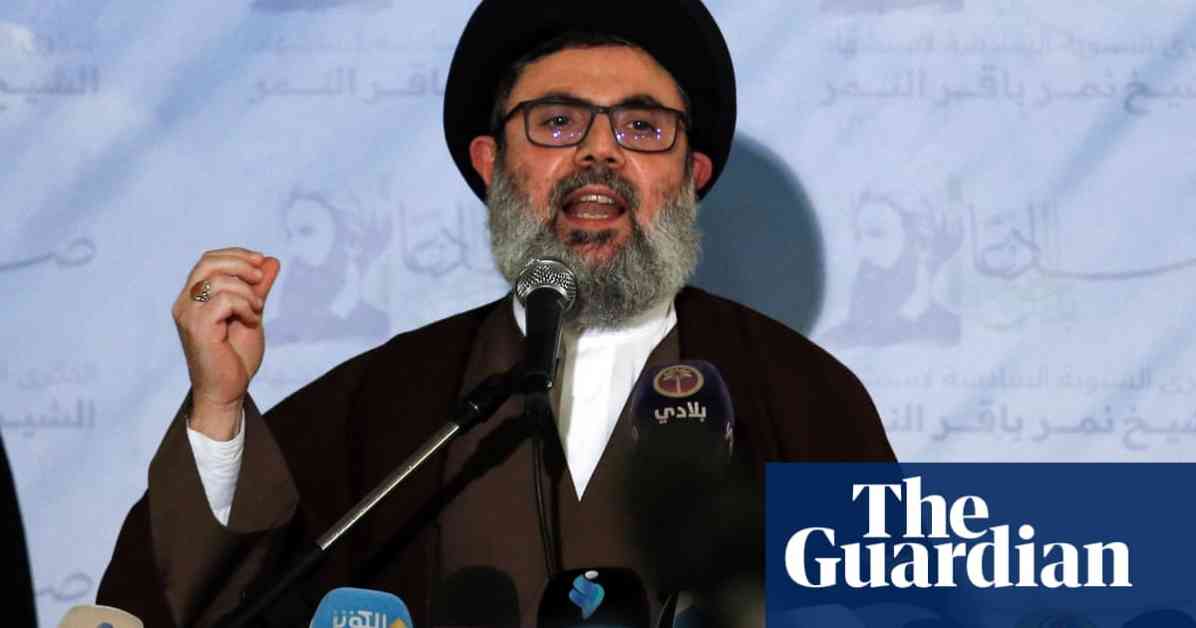Israel has confirmed the killing of Hashem Safieddine, the presumed next leader of Hezbollah, in an airstrike on southern Beirut in October. The Israeli military stated that the strikes in Dahiyeh killed Safieddine and Ali Hussein Hazima, the head of Hezbollah’s intelligence branch, three weeks ago. This marks the first time Israel has acknowledged the killing of such a senior political figure within Hezbollah.
Safieddine held a significant position within Hezbollah as the head of the executive council, the group’s highest political decision-making body. He was seen as a potential successor to the former Secretary General Hassan Nasrallah and shared many qualities with him, including charisma. Safieddine’s fate had remained unknown following the Israeli strikes on Dahiyeh, which targeted an underground bunker where he was believed to be residing.
With Safieddine’s death, Naim Qassem, the deputy secretary general of Hezbollah, is now the only remaining public-facing senior leader of the group. Qassem has been representing Hezbollah since Nasrallah’s assassination but does not enjoy the same level of support as his predecessor. The future leadership of Hezbollah remains uncertain, as Qassem mentioned that appointing a new leader is a complex process that will take time.
Despite the loss of key figures in its leadership, Hezbollah asserts that the group has maintained its organizational strength. Hezbollah fighters have been engaging in clashes with Israeli troops following Israel’s ground incursion into Lebanon. Israel’s military operations aim to degrade Hezbollah infrastructure along the border to prevent cross-border attacks.
Safieddine, born in 1964 in southern Lebanon, was a founding member of Hezbollah and played various roles within the organization over the years. He was on the US and Saudi Arabia’s lists of designated terrorists. Safieddine was known to openly participate in political and religious events, unlike Nasrallah, who had lived in hiding for security reasons.
Recent Israeli airstrikes in Lebanon targeted infrastructure linked to Hezbollah, including a bank accused of financing the organization. The strikes resulted in casualties and damage to civilian structures. The escalation of conflict between Hezbollah and Israel has led to significant loss of life and injuries in Lebanon over the past year.
As the situation continues to unfold, the region faces ongoing challenges related to security, humanitarian aid, and political leadership. The death of Safieddine has created a power vacuum within Hezbollah, raising questions about the group’s future direction and the broader implications for regional stability.












